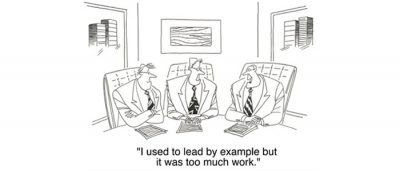Integrity is more than honesty. A leader has integrity when there is no gap between intent and behaviour and is the same – inside and out. We show you what integrity in leadership looks like in practice.
Integrity is defined as the ‘Adherence to moral and ethical principles; soundness of moral character’.
It’s modelling the behaviours you expect of others. It’s leaving accurate impressions. It’s doing the right thing, even when it’s tough… and it’s conveying genuine motives whilst not having hidden agendas.
Frequently our attention is called to people who lack integrity or have significant integrity lapses. Sometimes there may be real issues and at other times it’s the impression created by the media, those with an agenda or who are motivated to discredit. Who lacks integrity and who is creating false or misleading impressions is often unclear. The result is that we suspect both sides.
Every day we hear something disconcerting about people in the public eye or in positions of responsibility. So what is integrity? It’s more than the absence of dishonest behaviour and wrongdoing. It is also being true to yourself, behaving in congruence with your values, and presenting yourself authentically to others.
What does integrity look like in practice?
You see it when people:
- are accountable and take genuine responsibility for their actions
- stand on principle even in tough circumstances
- discuss problems and solutions as objectively as possible and in a way that accounts for all the relevant information, not just the data that supports their preconceptions
- own up to mistakes and make sincere amends with those adversely affected without making excuses
- do not cut corners or make excuses for the sake of avoiding responsibility, consequences, embarrassment or humiliation
- do the right thing even when it’s personally disadvantageous
- follow through on their promises and commitments.
Integrity is demonstrated in many ways and sometimes we see it or question it in others only in retrospect. I believe, however, that we are usually keenly aware when we are compromising our own integrity at the moment it is happening. This means we have the choice and power to maintain our integrity when we are tempted to stray from it.
What does your integrity look like? What do you do that erodes your integrity or how others perceive you? And what can you do to restore it?
We all can improve and we all can become more congruent.
Adapted from an article by Steve Weitzenkorn, PhD, lead author of Find-Fulfill-Flourish.
Want to read more of the same? Then click on the graphic to receive our monthly newsletter:

